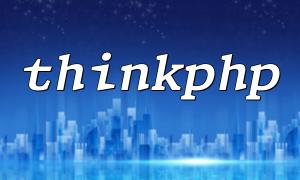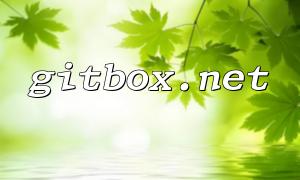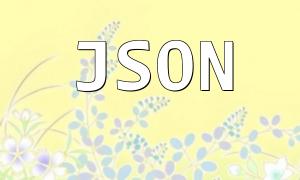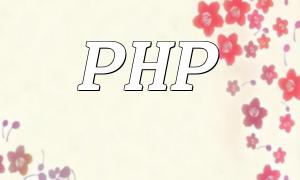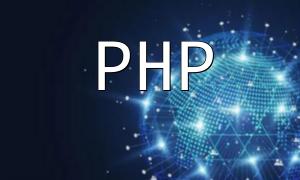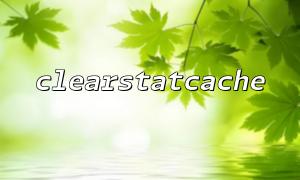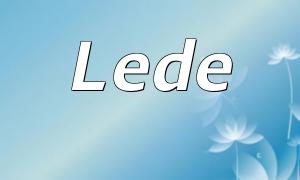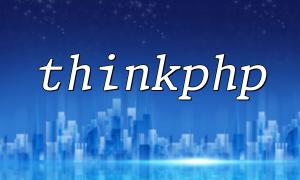Comparison of Flask and PHP Frameworks: Choosing the Best Development Tool
In modern web development, both Flask and PHP are highly popular choices. While each has its unique features and advantages, there are significant differences between the two in terms of use cases, performance, and development efficiency. This article will dive deep into a comparison of Flask and PHP, exploring their applications, strengths, weaknesses, and how to make an informed decision based on project requirements.
Flask is a lightweight web framework based on Python, designed with simplicity and flexibility in mind, enabling developers to build efficient applications quickly. Flask is particularly suitable for small to medium-sized projects and RESTful API development. Here are some key features of Flask:
Flask provides great flexibility for developers, allowing them to choose different libraries and tools according to their needs. Since the framework itself is lightweight, developers have the freedom to extend its functionality as required.
Flask has a simple syntax, and Python’s readability makes it especially beginner-friendly. Developers can quickly get started and build applications efficiently.
Flask has an active development community, offering a wealth of documentation, tutorials, and examples to help developers solve common issues.
PHP, as a mature server-side programming language, has a widespread application in web development. With a rich ecosystem of frameworks (such as Laravel, Symfony, etc.), PHP provides developers with numerous tools to choose from. Here are some key features of PHP:
PHP is supported by most web hosts and can be easily integrated into various types of projects. Whether it's a small website or a large enterprise application, PHP can handle the task.
PHP has a large number of frameworks and libraries that accelerate the development process. Many well-established content management systems (such as WordPress and Drupal) are built on PHP, which helps developers complete tasks more quickly.
PHP is compatible with a wide variety of databases, particularly MySQL, providing developers with great flexibility and efficiency in handling data management and processing.
In terms of development efficiency, performance, and scalability, Flask and PHP each have their strengths. Flask’s flexibility and simplicity make it excellent for small projects and rapid prototyping, while PHP’s mature ecosystem shines in larger, more complex projects.
In most cases, Flask performs better, especially when handling high-concurrency requests. However, PHP is constantly being optimized, and the performance varies significantly across different frameworks.
Flask’s simplicity allows developers to quickly get up and running, while PHP may require more time to learn due to its vast ecosystem. However, in larger projects, PHP’s libraries and frameworks significantly boost development efficiency.
Flask and PHP each have their unique advantages and suitable use cases. Flask is ideal for beginners and quick development of small projects, whereas PHP is a better choice for large projects that require a mature ecosystem and broad support. No matter which framework you choose, understanding its features and aligning it with your project’s requirements is crucial for success.
Through this comparison, we hope to help developers make an informed decision between Flask and PHP, accelerating their development process. Whether your project is a large enterprise application or a simple tool, choosing the right framework is vital to its success.
